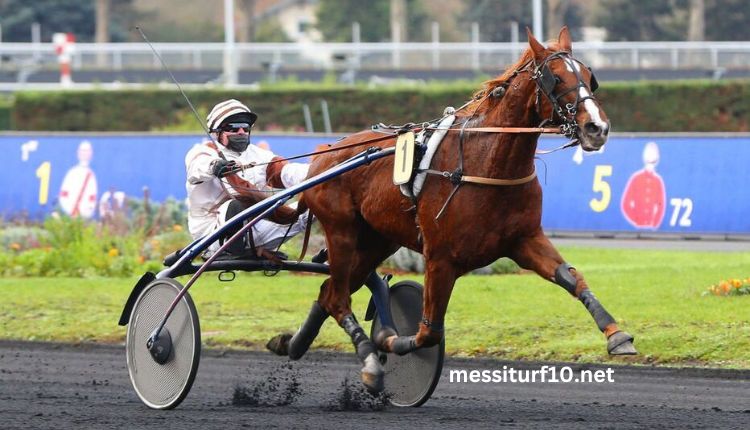Some governments gasoline hatred and distrust of newshounds, whilst others are orchestrating takeovers of the media environment thru kingdom-owned media or acquisitions via allied businessmen. In addition, the 2024 index observed that more and more governments and political authorities are not satisfying their role as guarantors of the great surroundings for journalism.
Rankings Are based totally On Several Factors Classement De La Presse
Every year, Reporters Without Borders publishes its World Press Freedom Index. It ranks international locations primarily based on a number of standards, inclusive of freedom of speech and the volume to which classement de la presse governments violate journalists’ right to privacy. The index is of worldwide interest and sparks global debate. It is also a large thing in the amount of media improvement resource a country gets. But not anyone is clear about how the rating system works, or why a few countries are ranked so exceedingly or lowly.
The modern day version of the classement de la presse Index highlights the developing dangers to journalism round the arena. This yr, extra than half of of the a hundred and eighty countries and territories assessed by RSF had been in a “tough” or “very hard” situation. The document factors to an growing aggressiveness at the part of political government and growing animosity closer to newshounds each online and within the bodily world. It also points to a dramatic increase inside the variety of humans concerned within the production and dissemination of faux content, that’s blurring the difference among actual and fake news.
Despite the demanding situations, there are some signs and symptoms of desire. For instance, Europe remains the freest location for reporters, even though there are a few serious worries inclusive of Turkey (ranked 158th), in which President Recep Tayyip Erdogan has smothered freedom of expression and censored the media. Other stressful traits encompass a wave of violence in opposition to newshounds in South America and the Middle East, where wars and authorities crackdowns are making classement de la presse reporting dangerous.
In addition to the general ratings, the Index also classement de la presse the clicking freedom climate in each of the 5 world regions. Several nations saw their rankings plummet this yr, particularly the ones in Africa and the Middle East, in which armed conflicts and the use of terrorism expenses in opposition to journalists are making reporting extraordinarily dangerous.
The highest-ranked countries within the classement de los angeles presse global for freedom of the click are Norway, Finland, Sweden, and the Netherlands. Canada got here in at quantity 18 and changed into classified as having a fairly proper media freedom environment. Among the worst-rated have been North Korea (a hundred and eightieth), Eritrea (181st), and Turkmenistan (161st). RSF warns that the deterioration of press freedom in these international locations is alarming.
They Are based totally On Reputation Classement De La Presse
The 2024 World Press Freedom Index, compiled with the aid of Reporters Without Borders (RSF), shows that while a few nations have moved up or down the scores, there has been a huge lower in the variety of countries with “proper” press freedom. This is especially regarding, given that ten years in the past, classement de la presse 25 international locations had top press freedom and most effective eight now do. The report factors to the elevated power of authoritarian governments, armed conflict and the usage of terrorism fees as key elements on this decline.
Europe dominates the pinnacle of RSF’s international rating, with classement de la presse Norway and Sweden at the pinnacle of the percent. The Netherlands, Finland and Switzerland spherical out the pinnacle five. However, press freedom is a problem in other European international locations as well, specifically Hungary and Malta. In Latin America, there may be wish in Brazil, which jumped 18 places to ninetieth thanks to the election of President Jair Bolsonaro. However, Colombia’s score deteriorated due to violent incidents at protests and the killing of journalists.
In Asia, China and North Korea stay at the lowest of the ranking, however Vietnam and Afghanistan ceded their positions to countries whose political ratings plummeted. Afghanistan is at the very bottom of the overall ranking and final in the political class, while Syria and Eritrea are ranked as lawless zones wherein reporters are regularly stressed and killed.
The Middle East and North Africa continues to be the worst area in the world for press freedom. War and political clashes, along with the suffocating have an impact on of authoritarian regimes, make it dangerous for reporters to classement de la presse classement de los angeles presse do their jobs in those areas. In addition, the increasing use of terrorism fees towards journalists threatens the independence of the media in many countries. Lastly, the spread of fake information and propaganda has made it difficult to discern reality from fiction. These elements have all contributed to the deterioration of freedom of expression in the vicinity.


